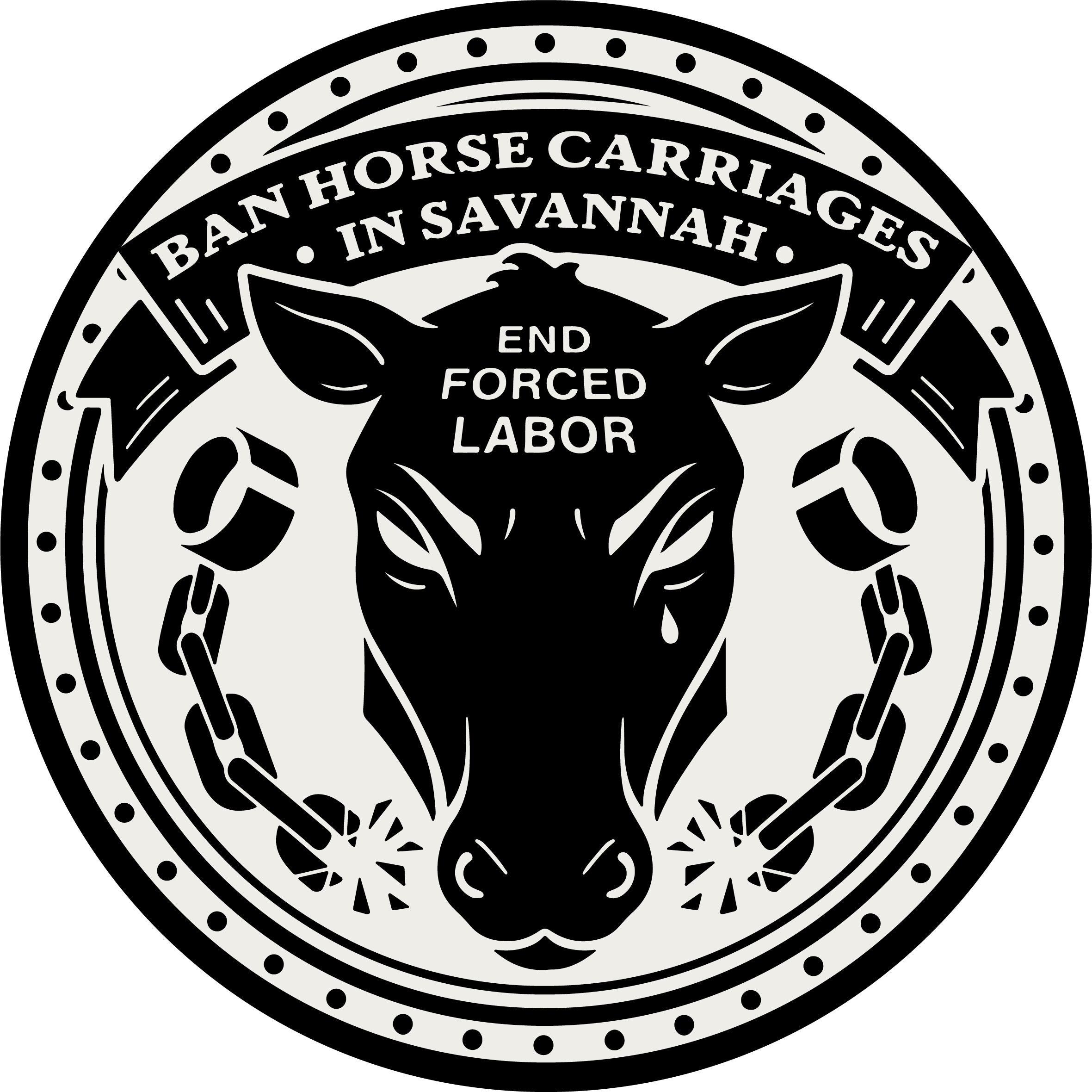We recorded body language displayed by Savannah’s carriage horses that are known to be signs of stress and/or discomfort. Then, we sent these videos to certified animal behaviorists to be analyzed.
Why are Savannah’s leaders overriding the expert opinions of credentialed animal behaviorists?
The following are the results:
Dr Nicholas Dodman (World-renowned animal psychologist):
He has appeared on Oprah, The Today Show, CNN, and 20/20 and teaches at the Cummings School of Veterinary Medicine at Tufts University. Dr. Dodman has also testified before the US House of Representatives on equine welfare issues.
Dr. Nicholas Dodman, who has been hailed as the “world’s leading veterinary psychopharmacologist” by Dr. John Ratey of Harvard Medical School, runs the renowned Tufts University Veterinary Center. An international expert in domestic-animal research as well as in the veterinary practice of animal psychology.
In response to the body language videos of Savannah’s carriage horses, he analyzed:
“The horses do look sore on one or more legs, hence the hot footing and leg resting. It is particularly evident in one video which shows a horse definitely favoring its right foreleg. I have seen this type of behavior in police horses that do a lot of street work. When I was a veterinary student, we used to go to the police horse stable and examine them to learn about various ailments that are common in horses that pound the streets. The situation was perfect for learning about bone spurs, tendonitis, navicular disease, and other orthopedic conditions. As far as the head tossing is concerned, that is usually a sign of bit discomfort. In an extreme situation, the bit, which is essentially a foreign body in the horse’s mouth, can cause trigeminal neuralgia.”
Dr. Dodman has also issued a statement in support of a horse-drawn carriage ban in Savannah:
“I think it is inhumane to have horses trudging around on hard or cobbled streets day after day…pulling wealthy tourists around. There’s nothing in it for the horse, it’s boring, it causes lameness, and is nothing like a normal life that a horse should lead. Most will develop shin splints and other painful orthopedic conditions that will eventually make them unserviceable. Then, it’s curtains for the horse.”
Justine Harrison (UK Co-Chair of International Association of Animal Behavior Consultants:
“In Nose tossing video one: The horse tosses his/her nose and head forward repeatedly which could be a result of frustration from the bit or carriage driver’s constant rein contact. We also see the horse pull the reins forward, likely in an attempt to release rein tension and have freedom to move their head after restriction. Nose and head tossing is a sign of stress, so this behaviour could also be anxiety at being in the environment, equipment used or being asked to stop. We also see non-nutritive licking and chewing which is a behaviour that has been shown to occur after a stressful situation and may be used as a behavioural indicator that the previous situation was perceived as stressful by the horse.”

















